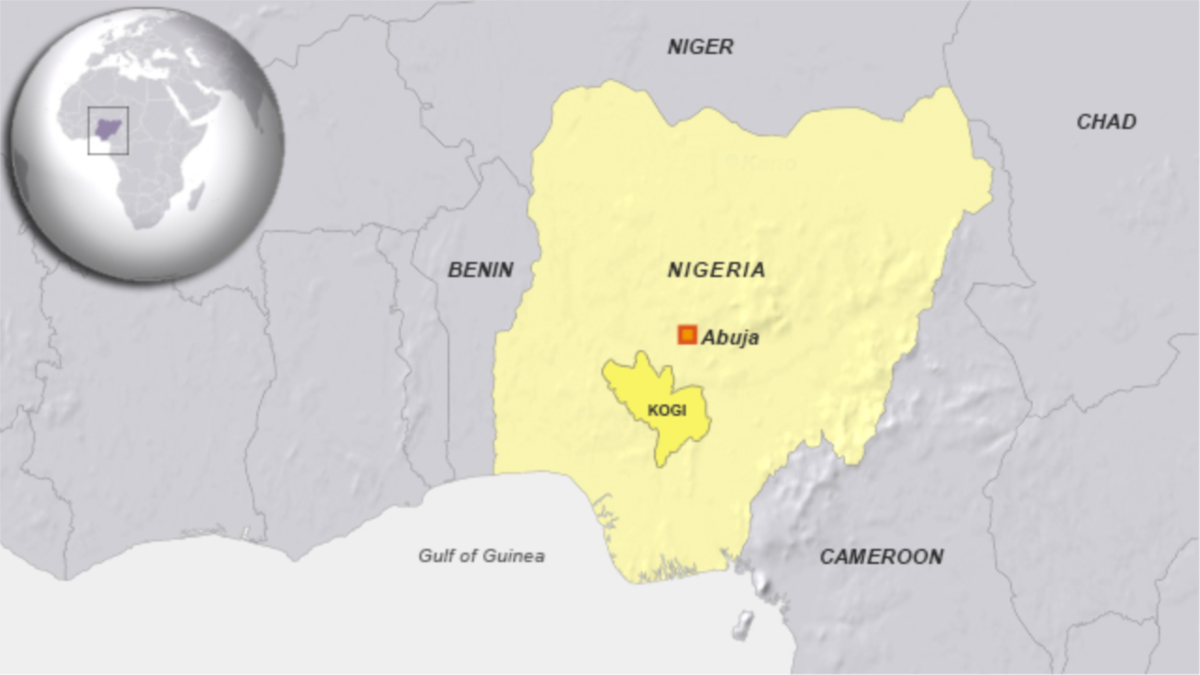This website uses cookies so that we can provide you with the best user experience possible. Cookie information is stored in your browser and performs functions such as recognising you when you return to our website and helping our team to understand which sections of the website you find most interesting and useful.


Nigerian security forces have rescued 58 people who were abducted by gunmen in central Kogi state, near the capital, Abuja. Nigerian police say one of those abducted was killed during the rescue operation and the kidnappers escaped.
Police authorities in a statement Sunday said the rescue mission was part of operations by security forces to fight violent crimes, rescue victims and nab offenders around Abuja, the Federal Capital Territory (FCT) and neighboring states.
The captives were held in a forest in Gegu district of nearby Kogi state.
Police said kidnappers fought back hard as security forces arrived but say security agents overpowered and injured many of them before they fled, leaving the victims behind.
The Abuja police commissioner Haruna Garba told VOA via phone that a total of 58 abductees were rescued in the Gegu raid and others.
"Fourteen of the people from Kwali were rescued, then another eight that were taken away from Niger into forests close to our borders were also rescued, that one came after," he said.
Police said one of the abductees who sustained an injury during the Gegu rescue operation died on the spot. They said the other kidnap victims rescued will be reunited with their families after medical exams.
Nigeria is battling a range of security issues but kidnapping is among the most challenging.
Abuja has maintained relative calm despite states not far from it battling armed violence including more frequent kidnap-for-ransom attacks.
Security analyst Senator Iroegbu says the general insecurity can be traced back to a jailbreak last year in Abuja that that freed hundreds of criminals including terror suspects.
"It's still linked to the issue of so many unresolved cases of insecurity, one leads to the other," he said. "There are a lot of sleeper cells around waiting to activate any moment. So what you have now is mixed, from terrorist groups and criminals’ groups."
Iroegbu says to address the problem, authorities must change their approach to security matters.
"They've not yet changed their tactics, they've always been reactive, government needs to take more proactive measures," he added. "Most people are under the excruciating pain of the poor economy, people sleep without food. They should be able to sleep feeling safe."
Nigeria's president-elect, Bola Tinubu will be sworn-in on May 29. His predecessor has been widely criticized for not securing the country enough.



 Africana55 Radio
Africana55 Radio 
